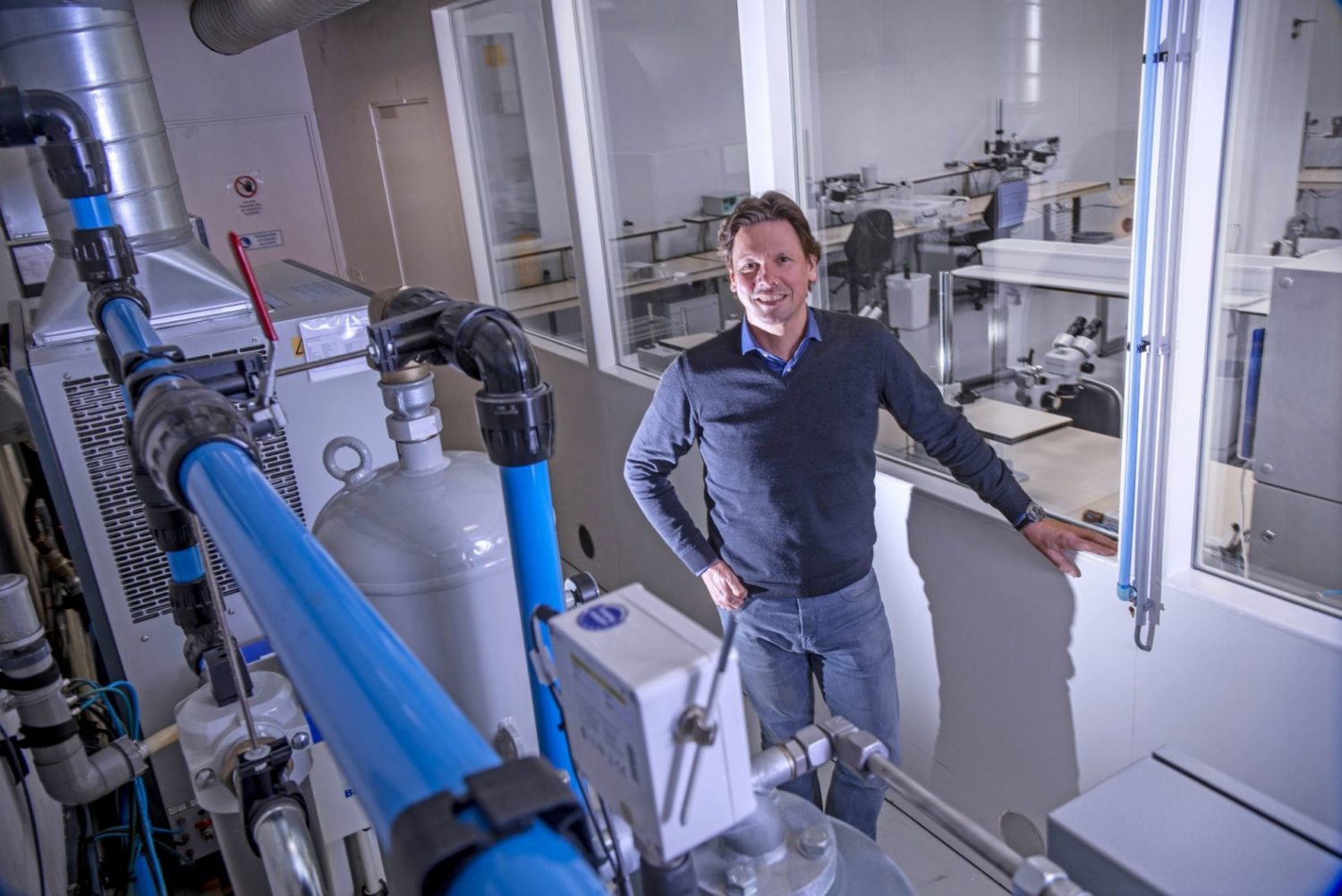High quality complement
In addition to PendraCare, which received growth funding from the NOM in 2015, Sentron was also a Wellinq subsidiary. The company, based in Roden at the time, develops, manufactures and sells sensors and measurement equipment. 'The activities of PendraCare and Sentron complemented each other perfectly at the time,' Barry underlines. 'Combining catheters with sensors enabled us to make smart devices. By fitting a catheter with a sensor, you can not only get to a place where the heart or vessels are diseased in a non-invasive way, i.e. without it being burdensome for the patient, but also take relevant measurements.' In 2013, Wellinq made another acquisition with Blue Medical Devices. Operating in the global interventional cardiology market, Blue Medical Devices, like PendraCare, has its own development and manufacturing environment, but in the field of balloons. Balloons that can be used to treat blood vessels, to be precise. Once again, a high-quality reinforcement for Wellinq's activities. Because with this balloon knowledge, the company was able to develop new applications even better.

